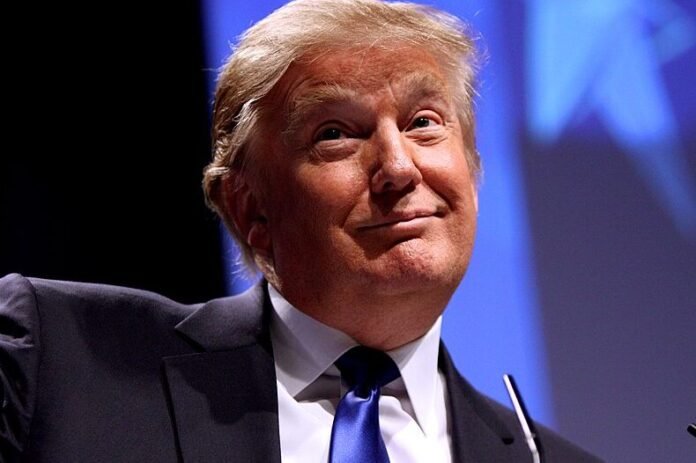Two Venezuelan detainees sue in Manhattan, defying Supreme Court expectations and testing Trump’s use of wartime powers
Donald Trump’s controversial effort to deport hundreds of Venezuelans using the rarely invoked Alien Enemies Act has taken a dramatic legal twist, as two detainees filed a new challenge in federal court in New York—diverting the legal battleground away from conservative Texas courts, where the Supreme Court had expected proceedings to unfold.
The unexpected lawsuit was filed Tuesday by lawyers representing two Venezuelan nationals who claim they were unjustly swept up in Trump’s crackdown on alleged members of Tren de Aragua, a gang the administration recently branded a terrorist organisation. The pair, who filed under pseudonyms, say they were transferred from detention facilities in Texas to a county jail in Goshen, New York, last week—just in time to contest their deportation from friendlier judicial ground.
The lawsuit has been assigned to U.S. District Judge Alvin Hellerstein, a Clinton appointee with prior involvement in Trump-related litigation. Hellerstein has already scheduled an emergency hearing for Wednesday morning, during which he’ll consider the ACLU’s urgent request to block the men’s removal from New York while the legal process unfolds.
Trump’s move to use the 1798 Alien Enemies Act—a wartime statute typically invoked in conflicts with foreign nations—has drawn outrage from legal scholars and immigrant advocates. They argue the law’s sweeping powers are being abused to target a vulnerable community based on scant evidence. The administration, however, insists it has acted within legal bounds to neutralise a “terror threat” posed by Tren de Aragua, a claim critics say lacks substantiation.
Earlier this week, the Supreme Court overturned a sweeping Washington, D.C. court order that had temporarily blocked deportations under the act. In a narrow 5–4 ruling, the justices declared that detainees must file legal challenges in the districts where they’re held—largely confining future lawsuits to southern Texas, where most are detained and where courts are viewed as more conservative.
Embed from Getty ImagesBut the newly filed New York suit could throw a wrench into that plan. With the plaintiffs now housed in a New York facility, they’ve seized the opportunity to shift their legal fight to a jurisdiction where Democratic-appointed judges dominate and the Second Circuit Court of Appeals, though ideologically mixed, is seen as less hostile to immigration cases than its Fifth Circuit counterpart in New Orleans.
Legal experts say this could open the door—at least temporarily—for broader challenges to the policy, though it’s far from certain the case will proceed as a nationwide class action. Justice Sonia Sotomayor, in a blistering dissent to the Supreme Court’s ruling, warned that the majority’s insistence on localised lawsuits risked splintering challenges into inefficient, individual petitions.
Meanwhile, the humanitarian fallout continues. About 130 Venezuelans have already been deported to a notorious Salvadoran prison, and many more remain in Texas detention centres. Some legal teams are preparing similar filings in Manhattan, hoping to exploit any gaps created by the detainee transfers.
The administration remains defiant. Speaking at a campaign rally Tuesday night, Trump boasted of using “every legal tool” to combat what he described as “foreign gangs infiltrating our cities.” Critics argue he is weaponising ancient law to stoke nationalist sentiment during an election year.
As the Manhattan case moves forward, all eyes will be on Judge Hellerstein’s courtroom. His rulings may determine not only the fate of the two Venezuelan plaintiffs but also the viability of any broader legal challenge to the Trump administration’s use of wartime powers on domestic soil.
